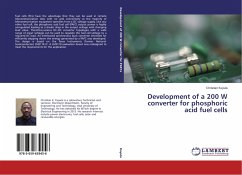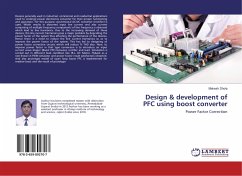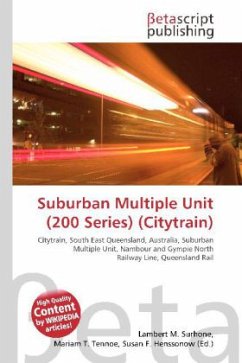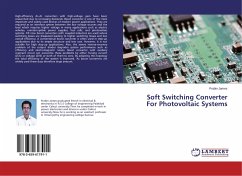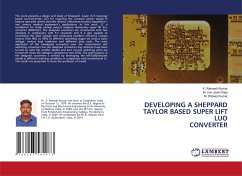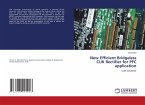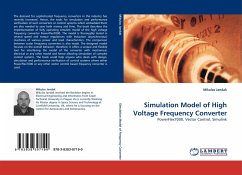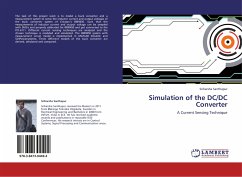Fuel cells (FCs) have the advantage that they can be used in remote telecommunication sites with no grid connectivity as the majority of telecommunication equipment operates from a DC voltage supply. Like any other fuel cell, the phosphoric acid fuel cell (PAFC) output power is highly unregulated leading to a drastic drop in the output voltage with changing load value. Therefore,various DC-DC converter topologies with a wide range of input voltages can be used to regulate the fuel cell voltage to a required DC load. An interleaved synchronous buck converter intended for efficiently stepping down the energy generated by a PAFC was developed. The design is based on the Texas Instruments (former National Semiconductor) LM5119 IC. A LM5119 evaluation board was redesigned to meet the requirements for the application.
Bitte wählen Sie Ihr Anliegen aus.
Rechnungen
Retourenschein anfordern
Bestellstatus
Storno

